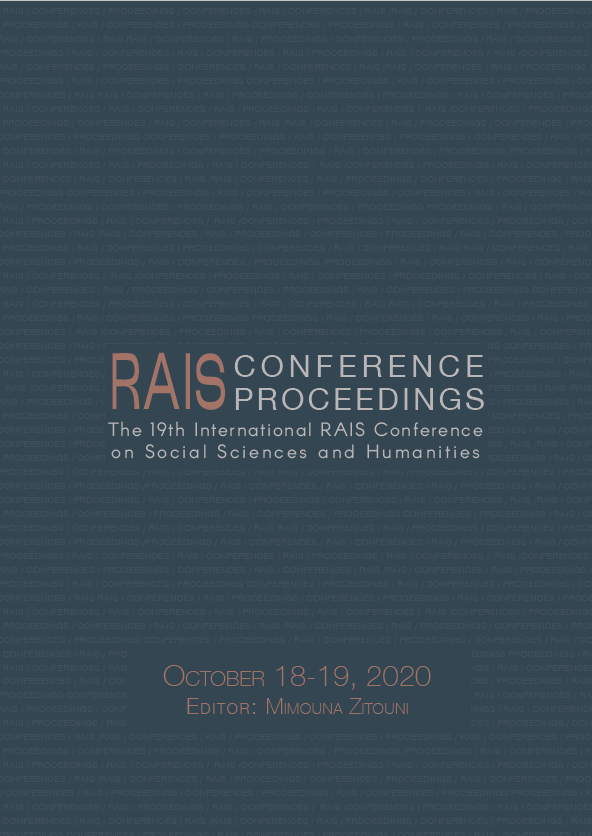Familicide: Psychological and Social Characteristics of the Aggressors. A Case Study
Familicide: Psychological and Social Characteristics of the Aggressors. A Case Study
Author(s): Andrei Armeanu
Subject(s): Psychology, Studies in violence and power, Victimology
Published by: Scientia Moralitas Research Institute
Keywords: familicide; domestic violence; abusive relationship;
Summary/Abstract: Generic defined as a multiple-victim homicide incident in which the killer’s spouse and one or more children are slain, familicide is an atypical crime, with little incidence compared to other acts of domestic violence. In the present article, we will list several psychological and social features identified in the literature as common to aggressors in familicide cases. Given the fact that familicide acts are almost exclusively committed by men, we will assume that the aggressor is a man and the victim a woman. We will analyze data on the age, social status of the author and the victim, and their relationships. We will also analyze the contextual factors, the characteristics of the crime (modus operandi, premeditation, place of the deed), and the prevalence of mental health problems, relationship problems, and financial difficulties. As the scientific literature on the topic is relatively scarce, due to the low number of cases and the fact that access to relevant information is often restricted because of the confidentiality of legal and health documents, we will carry out a case study of a familicide that took place in Romania in 2018, focusing on the analysis of motivational factors and the pre-existing conditions, without claim of a comprehensive conclusion.
Book: Proceedings of the 19th International RAIS Conference on Social Sciences and Humanities
- Page Range: 200-206
- Page Count: 7
- Publication Year: 2020
- Language: English
- Content File-PDF

